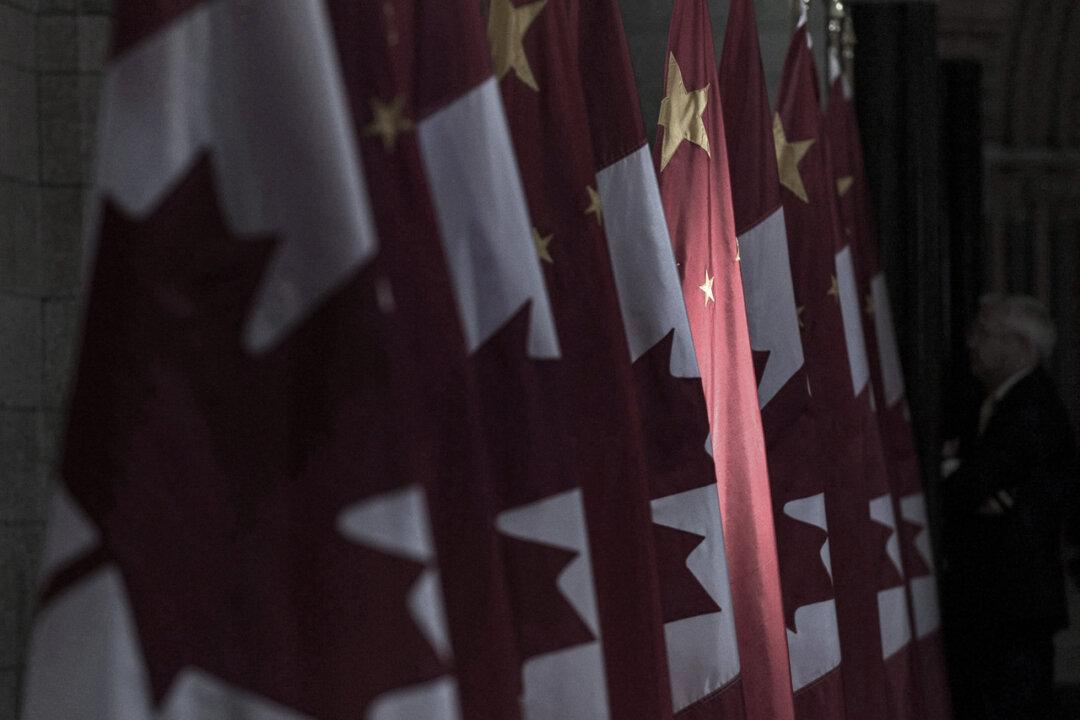“Deeply shocked” is how diaspora groups describe their reaction to a report that the governing Liberals may suspend regular meetings of a Commons committee dedicated to studying Canada-China relations.
“We are deeply shocked by the recent proposal from members of your committee to suspend regular meetings,” said nine Hong Kong community groups in an Oct. 18 joint letter citing “China’s increasingly aggressive interference in Canada” and calling for an “urgent appeal” against the proposal.





